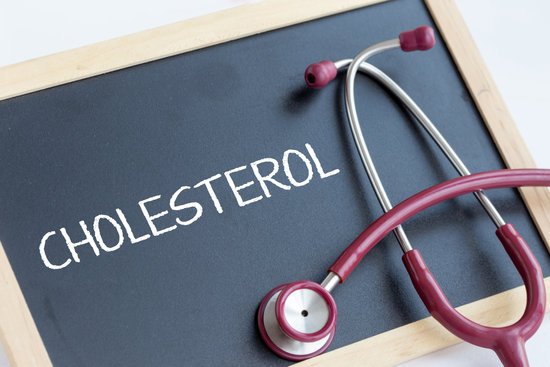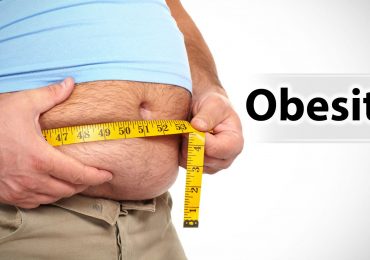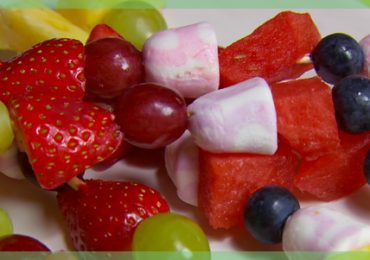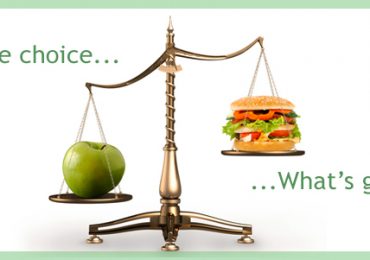
You must have definitely heard the term – Cholesterol, but do you know what exactly it is and how it impacts your health. Fret not! We bought this piece for the same. Read on.
And, do you know – Cholesterol, Triglycerides and High Blood Pressure are interrelated?
Yes, they are!
What is Cholesterol?
Cholesterol is a waxy substance found in the blood and your liver produces it naturally. Your body needs it for the formation of cell membranes, certain hormones and Vitamin D. But a high level of cholesterol is not good and can increase your risk of heart disease.
It doesn’t dissolve in water and so it can’t travel through your blood on its own. And for the same, your liver produces lipoproteins. These are the particles made from fat and protein. And, they carry cholesterol and triglycerides (another type of lipid) through your bloodstream. The two major forms of lipoprotein are low-density lipoprotein (LDL) and high-density lipoprotein (HDL).
Cholesterol is more popularly known by its two varieties i.e., LDL* and HDL* . LDL above 100 and HDL below 40 (men)/50 (women) are bad for the heart. So for anyone who wants a healthy heart, the goal is clear – “Get LDL below 100 and HDL above 40/50”.
LDL Cholesterol:
Low-density lipoprotein (LDL) is often called “bad cholesterol” as it carries cholesterol to your arteries. If your levels of LDL cholesterol are too high, it can build up on the walls of your arteries. This is known as cholesterol plaque and it can narrow your arteries, limit your blood flow, and raise your risk of blood clots. If a blood clot blocks an artery in your heart or brain, it can cause a heart attack or stroke.
HDL Cholesterol:
High-density lipoprotein (HDL) is sometimes called “good cholesterol” as it helps return LDL cholesterol to your liver to be removed from your body. This helps prevent cholesterol plaque from building up in your arteries. Note that when you have healthy levels of HDL cholesterol, it can help lower your risk of blood clots, heart disease, and stroke.
Risk factors of bad cholesterol:
- Smoking
- Age
- Diabetes
- Poor diet
- Obesity
- Lack of physical fitness
Complications:
- Stroke
- Heart attack
- Chest pain
- High blood pressure
- Chronic kidney disease
- Peripheral vascular disease
Triglycerides:
These are another type of lipid and are different from cholesterol. While your body uses cholesterol to build cells, it uses triglycerides as a source of energy.
When you eat more calories than your body can use right away, it converts those calories into triglycerides. It stores triglycerides in your fat cells. It also uses lipoproteins to circulate triglycerides through your bloodstream. If you regularly eat more calories than your body can use, your triglyceride levels can get high. This may raise your risk of several health problems, including heart disease and stroke.
Also, if ignored, TGs can turn into Lifestyle Diseases (LSDs) and controlling TGs is a simple matter – a balanced nutrition consisting of micro nutrients, protein, essential fiber and complex carbohydrates will bring TGs down to safe levels.
Blood Pressure:
High blood pressure or hypertension is of two types – (a) Primary and (b) Secondary. When BP increases without any identifiable cause, it is called Primary Hypertension while a high BP caused by Diabetes, kidney problems and other known causes is called Secondary BP. More than 95 % of BP patients suffer from either Primary BP or hypertension caused by Diabetes.
Since Insulin Resistance (IR) is the basic cause of both these types of Hypertension, reducing IR with dietary modifications can not only make medicines more effective, but may even make them redundant. So, the next time when you pop a BP pill into your mouth, think of the safer alternative; an IR reducing diet.
Here’s how we can help:
Many individuals who take pills for Lifestyle Diseases (LSDs) believe that they are companions for life. Medicines are required to address health conditions in the short term, however, long term sustainability of good health will only happen with an active, healthy lifestyle comprising of good nutrition, appropriate fitness and medications that are needed to keep the individual within the safe range. Over a period of time, it is possible that the overt dependency on medicines may reduce with a healthy active lifestyle. And our experts make sure of that.
- We analyzeyour medical reports from a nutrition standpoint and recommend a course of action
- We help you make your medication more effective with appropriate nutrition and reduce your medications and maybe even help in reversing your lifestyle related ailments
- We use Cognitive Behaviour Therapy to transition you into a lifestyle that is conducive for your Lifestyle Diseases (LSDs).
- We also use Scientific Mind and Body Processes that can reduce the medical condition or even reverse the condition






